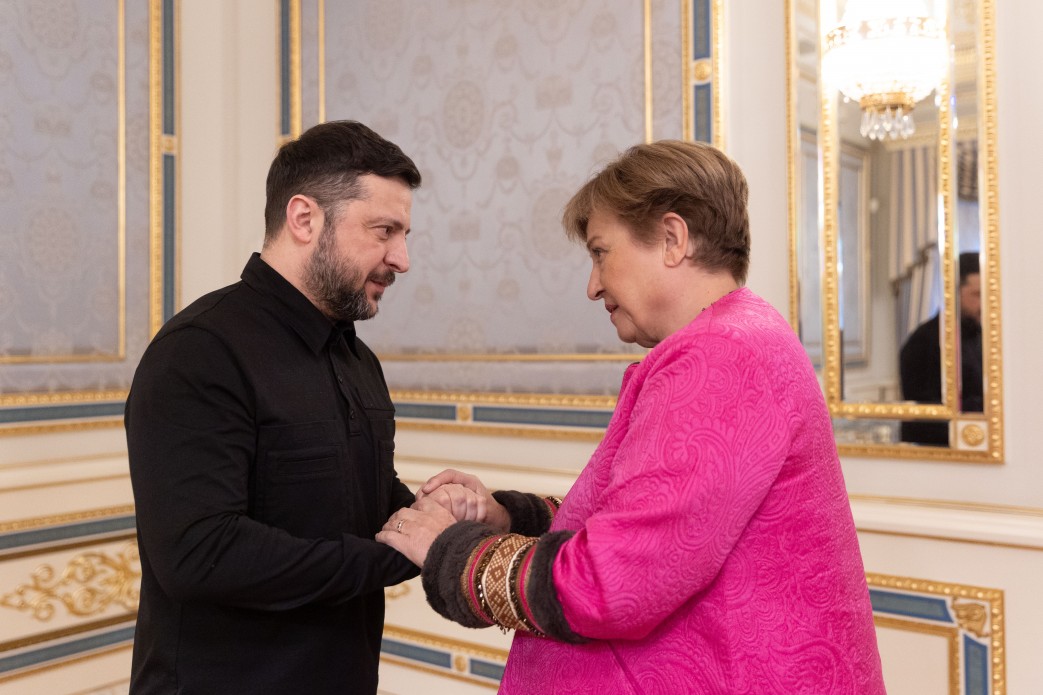Ukraine has reviewed the provisions of its declaration on derogation from obligations under the European Convention on Human Rights and the International Covenant on Civil and Political Rights during a state of war.
According to the document published on the Council of Europe's website, Ukraine's military leadership has the right to restrict the freedom of movement of citizens, search items, and forcibly expropriate property for state needs.
"In accordance with the President's decree under the state of war in Ukraine, the constitutional rights and freedoms of man and citizen provided for in Articles 30-34, 38, 39, 41-44, 53 of the Constitution of Ukraine may be temporarily restricted for the period of martial law," the document states.
During a state of war, the following legal measures may be taken:
forcible expropriation of property for state needs, imposition of curfew, establishment of special entry and exit regulations, imposition of a ban on peaceful assemblies and rallies. Additionally, searches of belongings, vehicles, luggage, cargo, official premises, and citizens' residences may be conducted, except as provided by the Constitution of Ukraine.
Furthermore, Ukraine may impose a ban or restriction on the choice of place of stay or residence of individuals in the territory where martial law is imposed.
State of war in Ukraine Since February 24, 2022, a state of war has been in effect in Ukraine, which has been extended several times. The latest extension took place on February 14, 2024, when the Verkhovna Rada voted to extend the state of war for 90 days, until May 13, 2024.
A state of war is a special legal regime introduced in a country in the event of an external threat or aggression. Its purpose is to ensure the safety of citizens and the state, protect sovereignty and territorial integrity, and repel aggression.





















